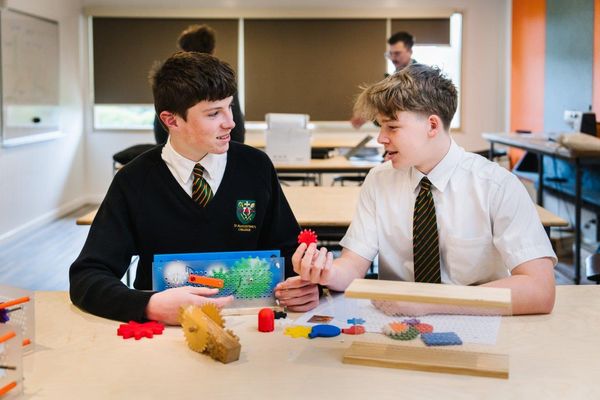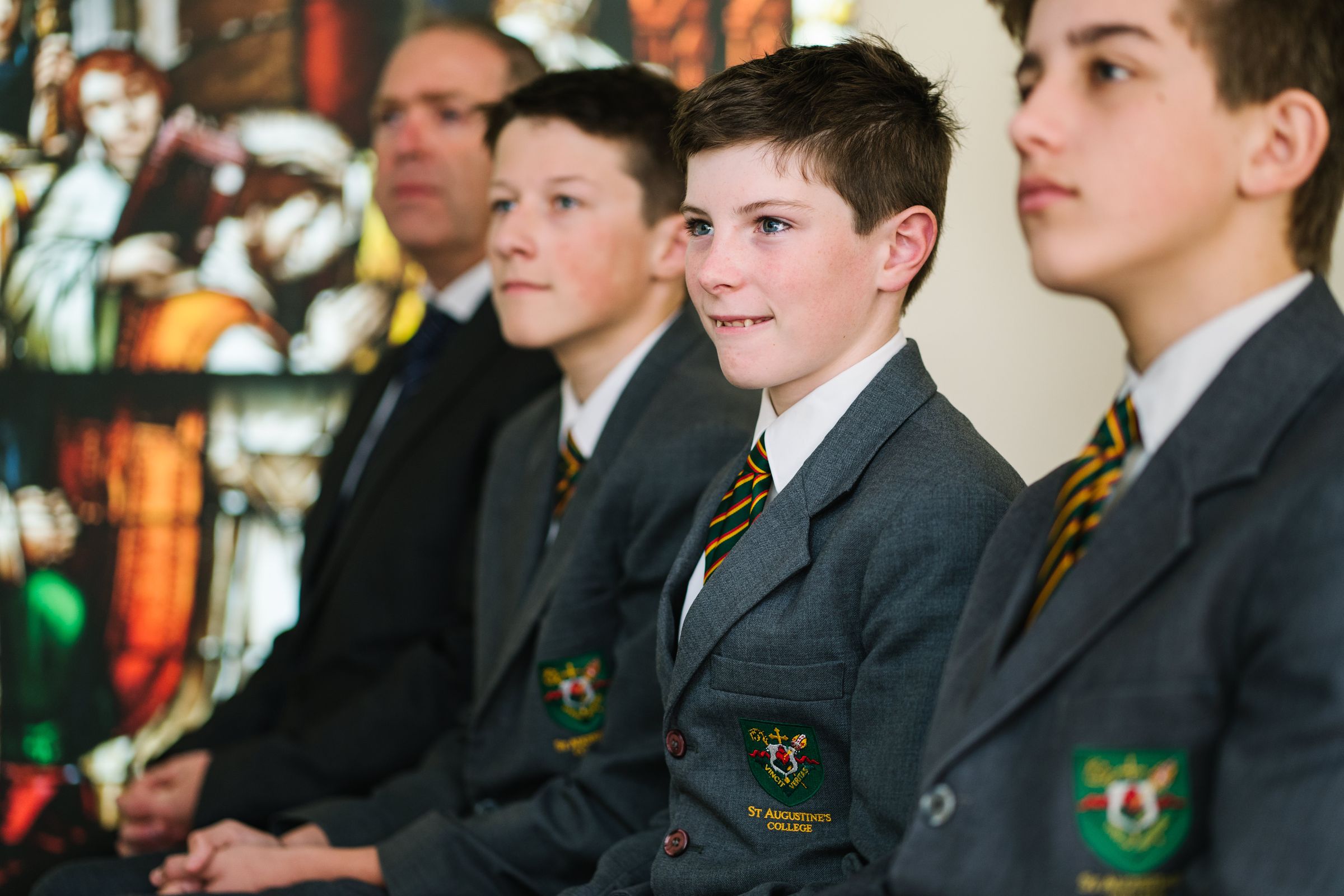Learning Humility and the Power of Apology
Recently, our Year 7 and 8 students explored two of life’s most powerful skills: humility and the art of a genuine apology. In their AWE lessons, they discovered that these aren't just abstract ideas, but practical tools for building stronger, more respectful relationships - in the classroom, on the sports field, and at home.
Here’s what they discovered:
- Humility isn't about being small; it's about being grounded. The boys learned that it takes real strength to admit a mistake, to truly listen to others, and to value a relationship over the need to be "right."
- A real apology is an act of courage. We talked about how saying "I was wrong" can feel vulnerable, but it's this very act that repairs trust and deepens our connections with friends and family.
- They learned to spot the difference. Through real-life scenarios, the boys practised telling a sincere apology from a hollow one (like the classic, " Sorry, can’t you take a joke?"). They saw how the right words can heal, while the wrong ones can cause more harm.
This work is far more than a lesson plan; it's a direct expression of our Graduate Lens and the Augustinian values that guide us. We saw how:
- Humility gives the boys the courage to recognise their mistakes.
- A focus on Community shows them why it's so important to repair harm and rebuild trust.
- The Restless Search for Truth pushes them to look inward, learn from the experience, and grow in character.
By practising these skills, our boys aren't just learning to say sorry - they're taking practical steps toward becoming the grounded, compassionate young men we know they can be.
How you can help these lessons stick at home:
This isn't just a school lesson; it's a life lesson. The most powerful learning happens when school and home work together. Here are a few simple ways to keep the conversation going:
- Let them see you be human. Share a time you recently messed up and what you learned from it. Seeing adults own their mistakes has a powerful impact on young men.
- Make ‘I’m sorry’ a regular part of your family conversations. Encourage your son to apologise sincerely and promptly, focusing on his actions rather than making excuses. Let him know that taking responsibility is a sign of strength.
- Turn small moments into practice. A forgotten chore or a sibling squabble is a perfect chance to role-play a simple, genuine apology. Ask, "What could you say to make things right?"
- Point out humility in the wild. Notice it when a sports star credits their team, or a friend helps without being asked. Celebrating these moments shows its value.
- Guide, don't just judge. When conflicts arise, gently ask questions like, "What's your part in this?" or "How could you help fix this?" This shifts the focus from blame to personal growth.
Why this all matters:
These skills are the bedrock of resilience, empathy, and strong character. By reinforcing these lessons at home, you’re helping us shape young men who are not only prepared for exams, but for life - grounded, compassionate, and ready to make a positive difference in their communities.


